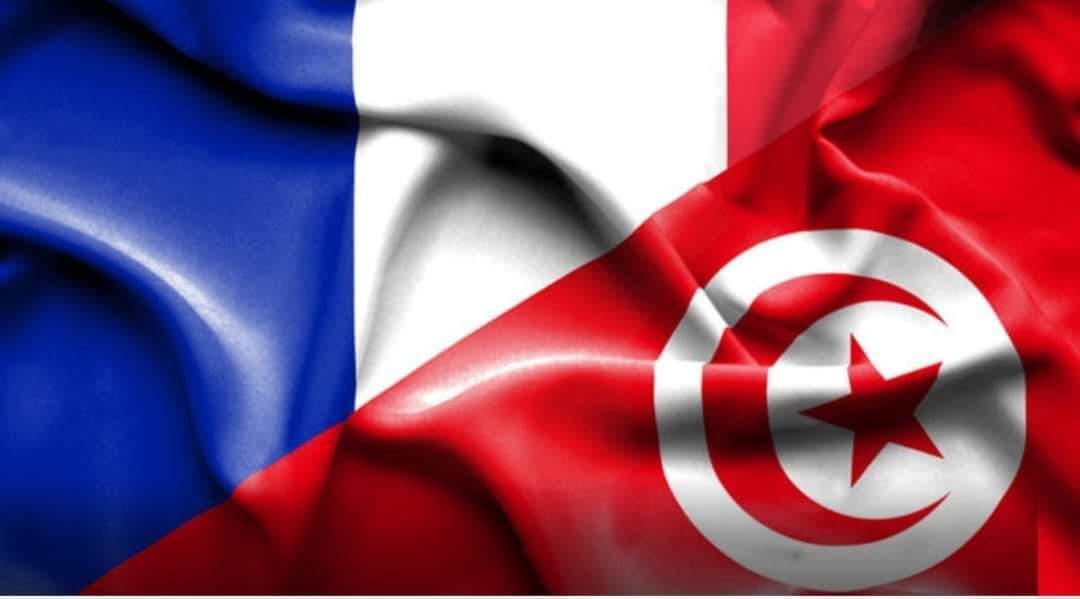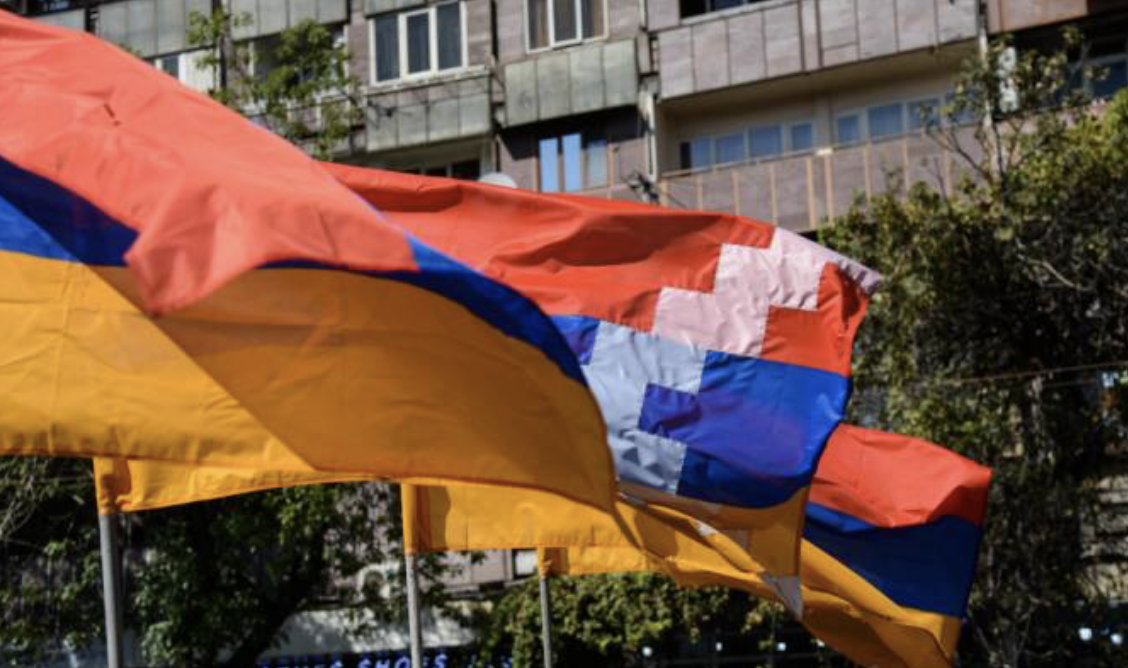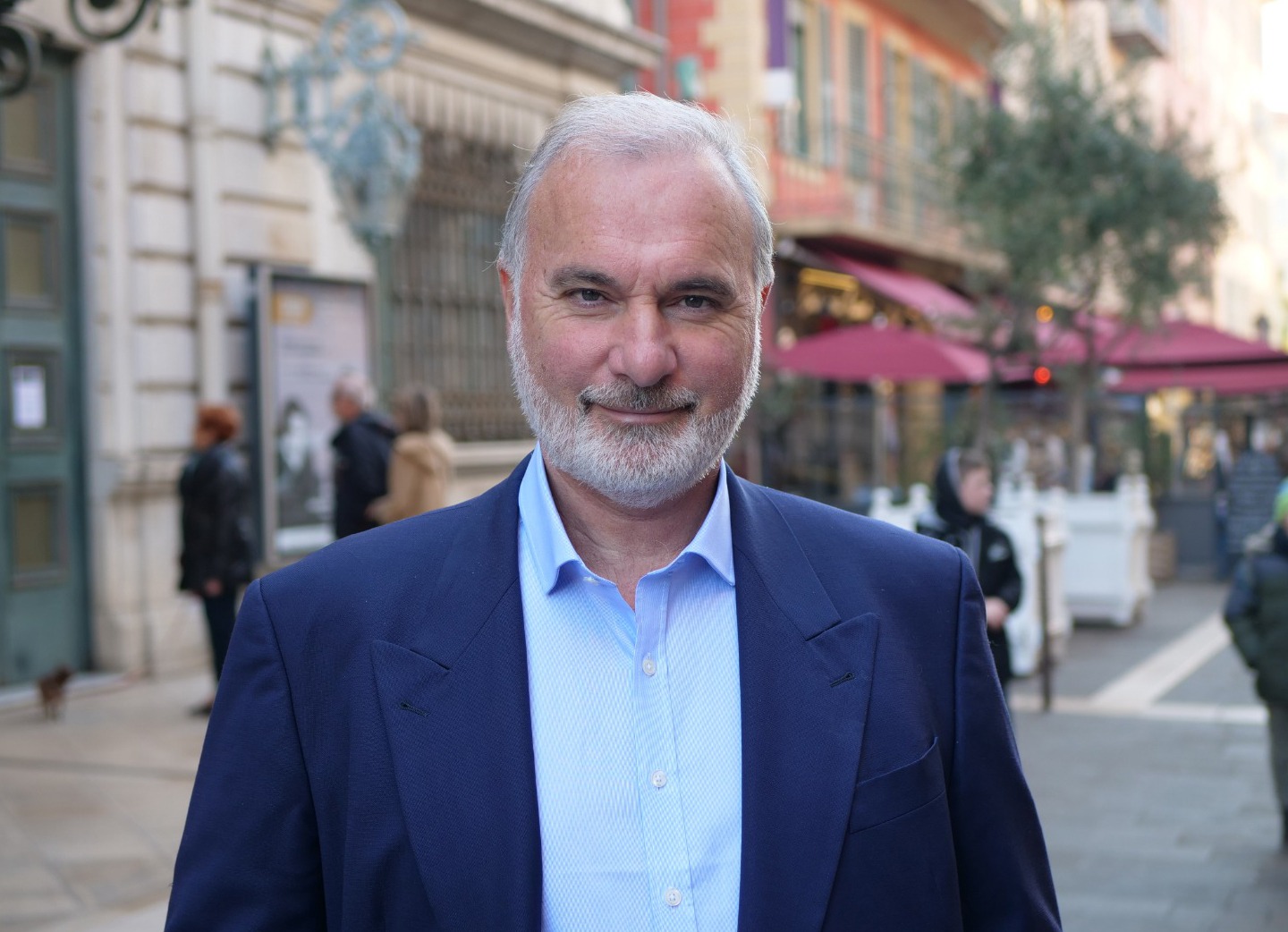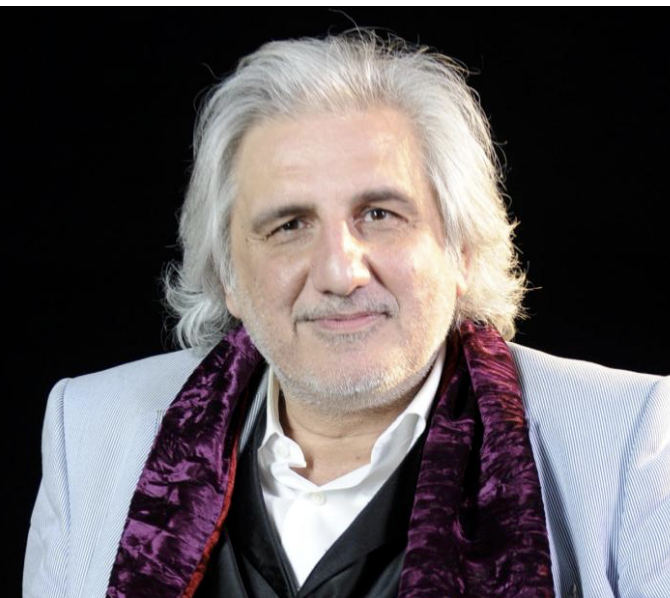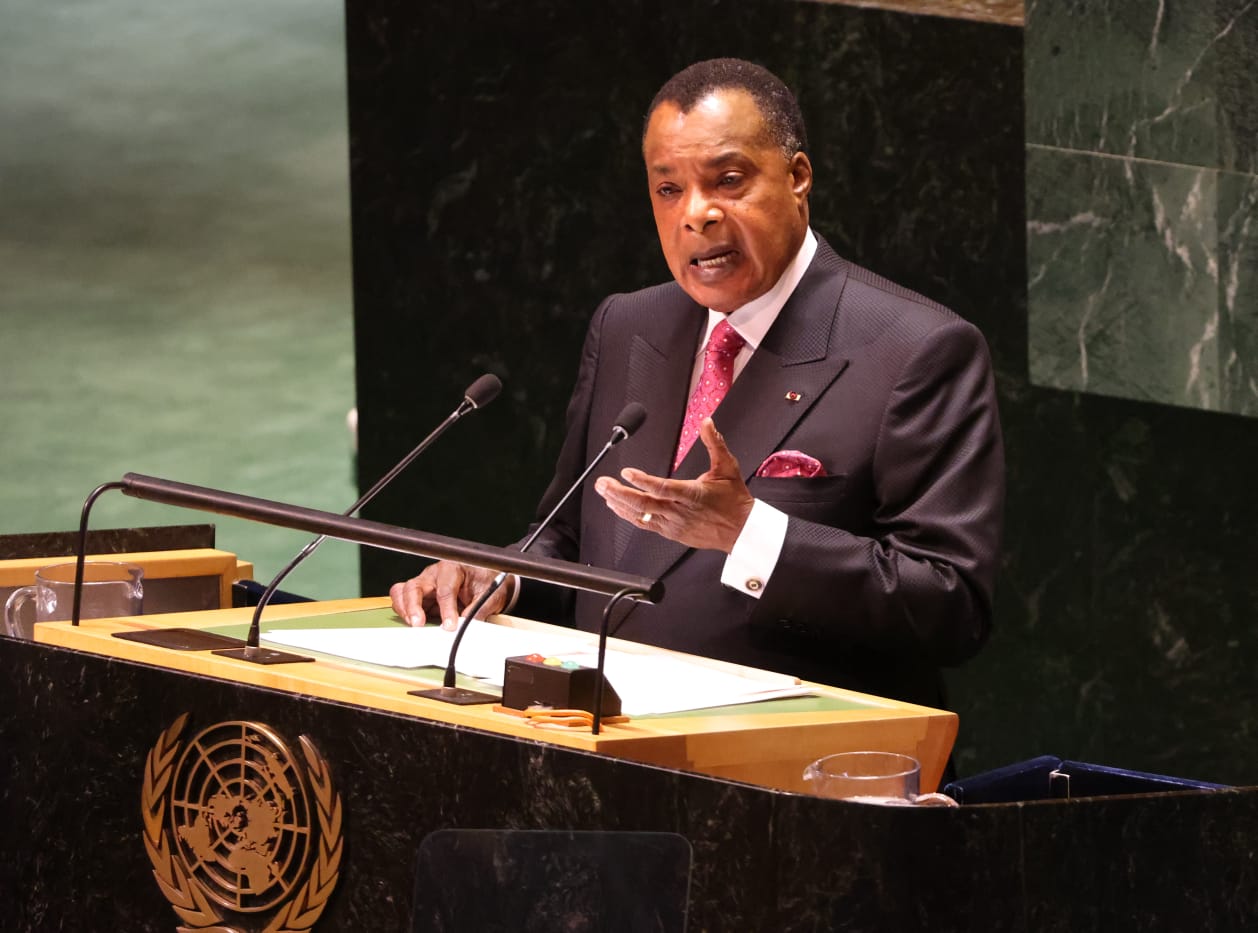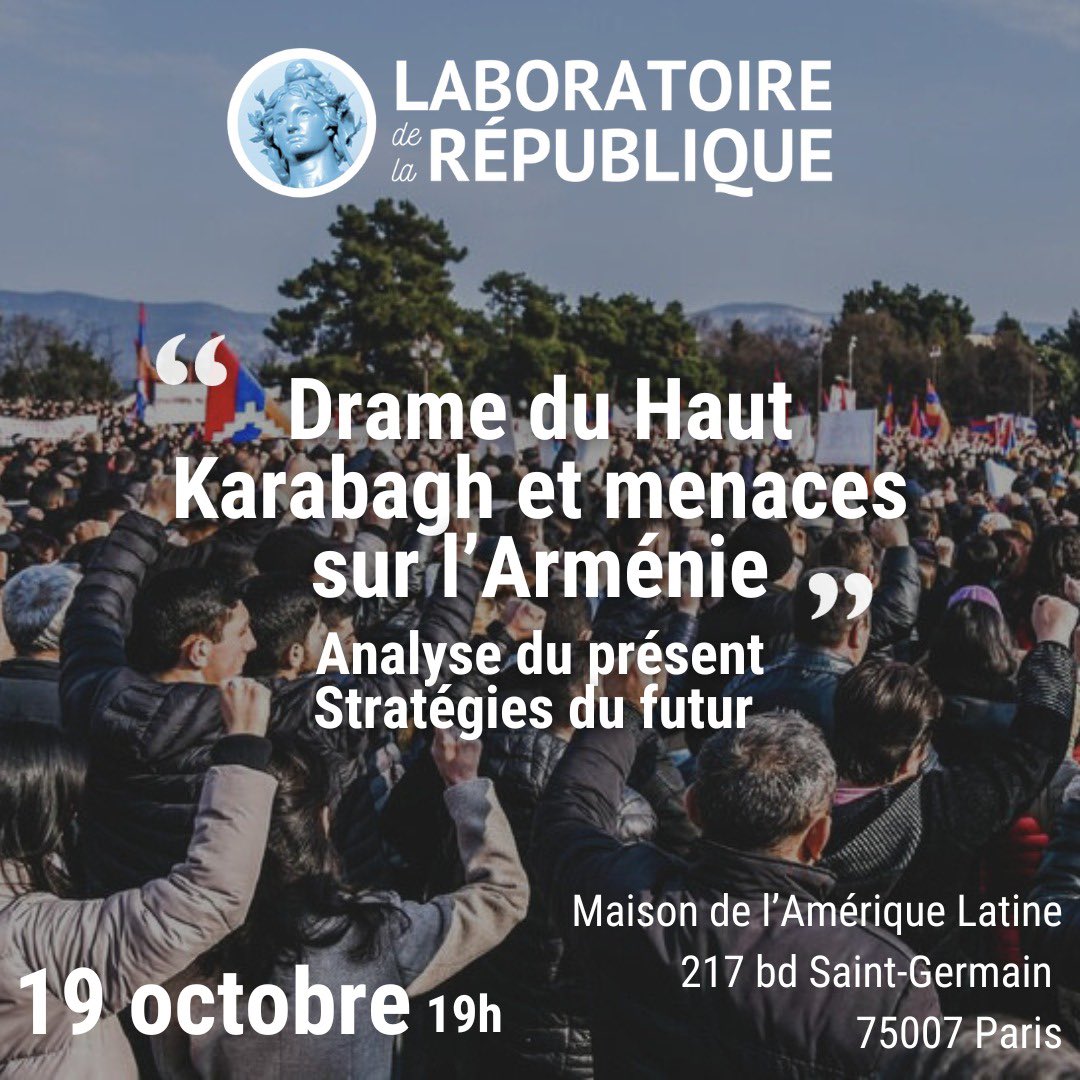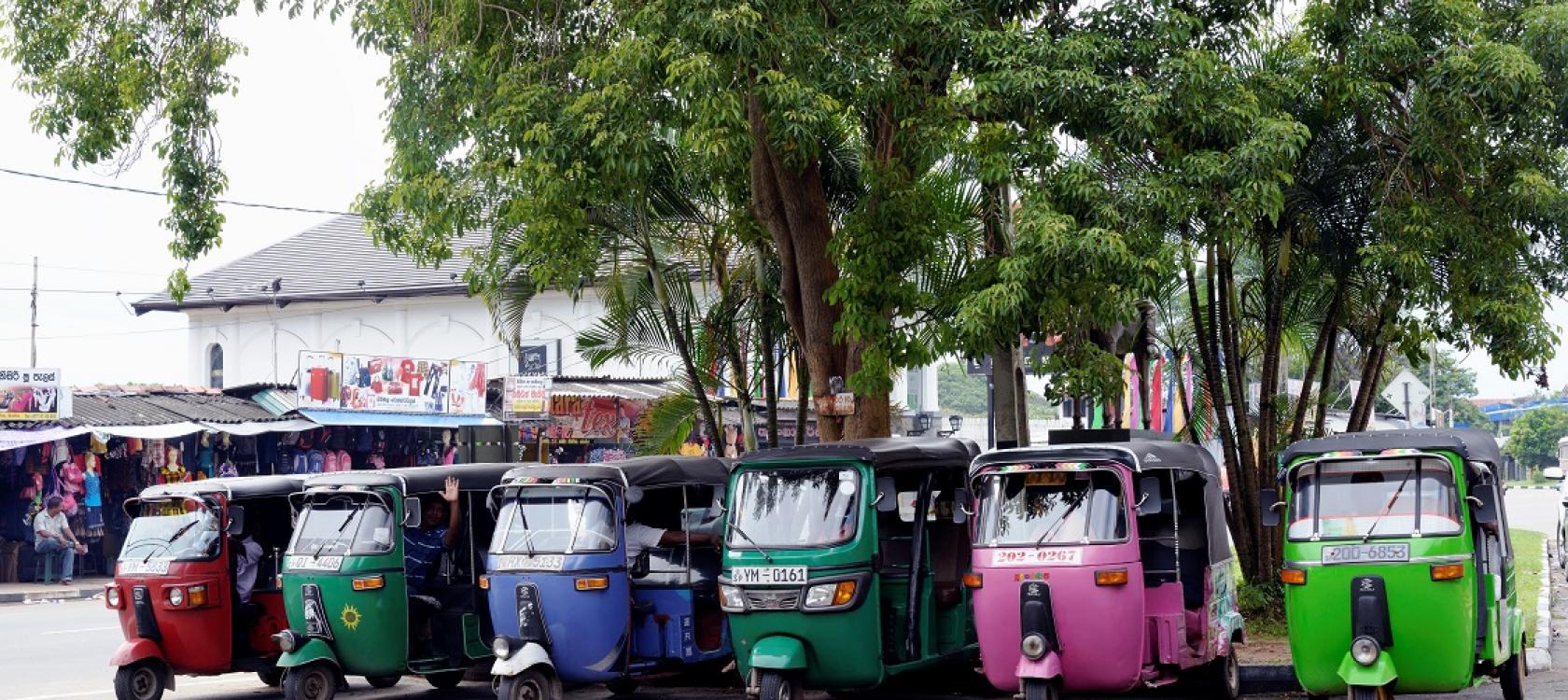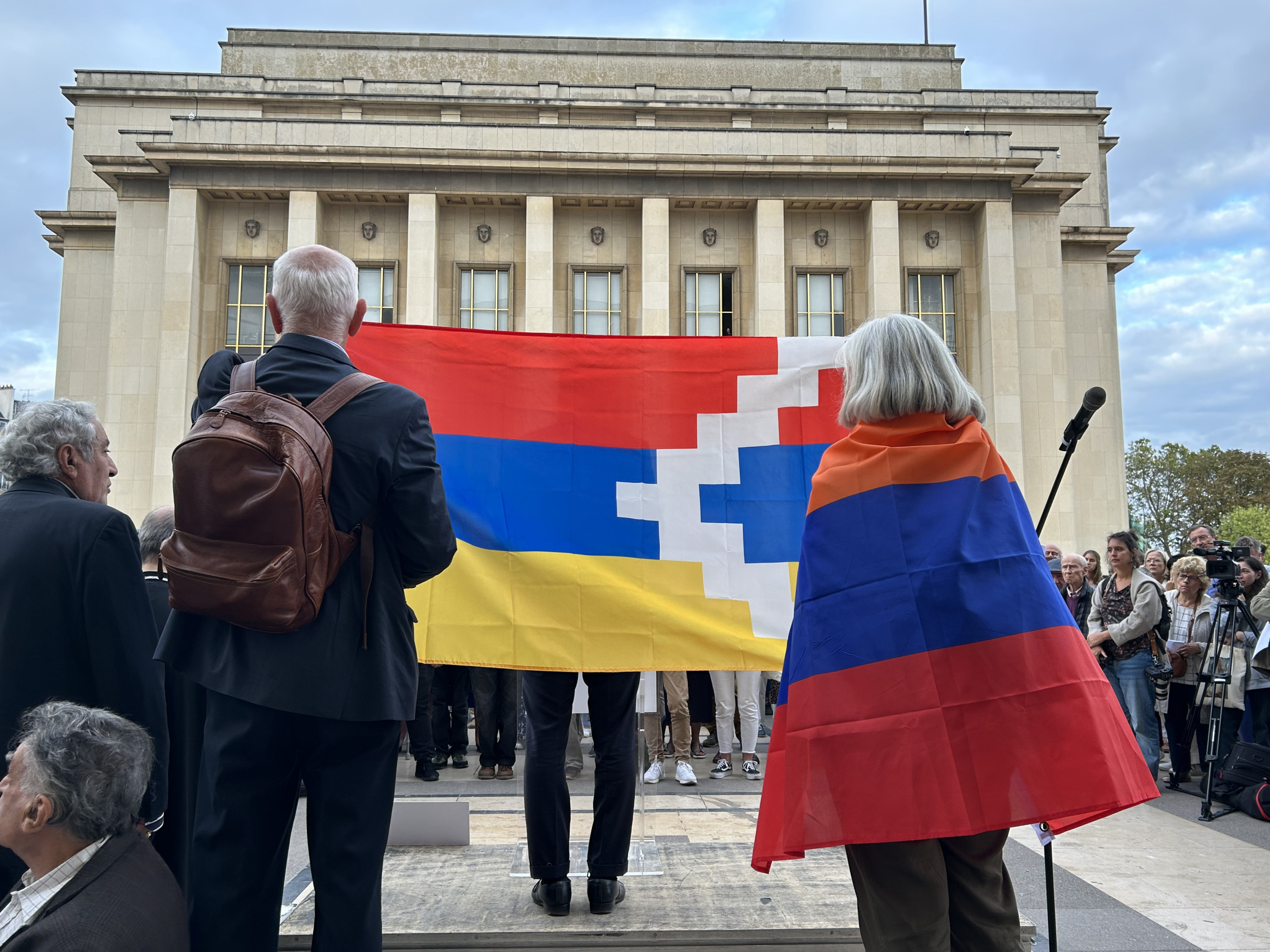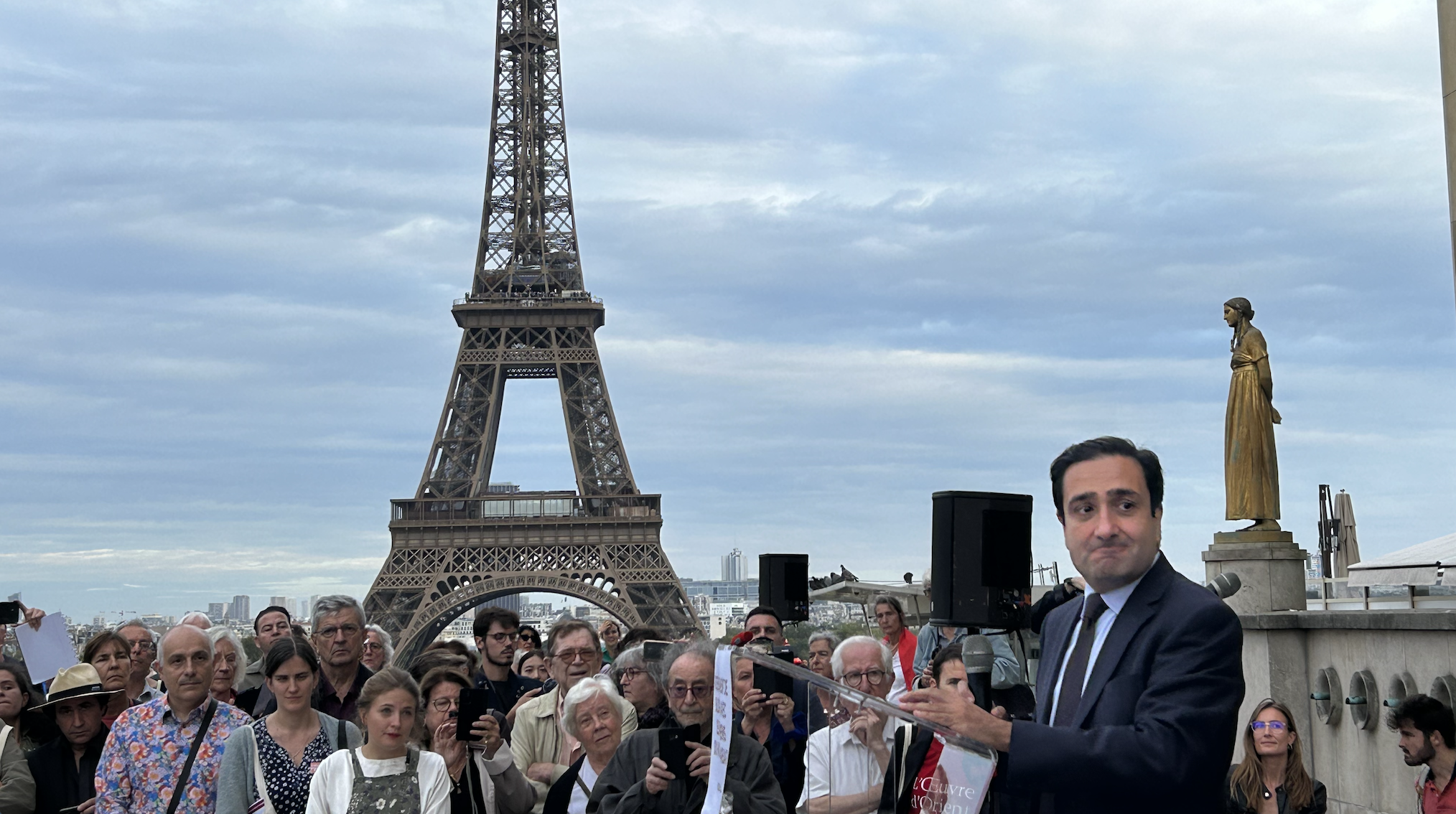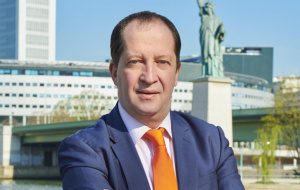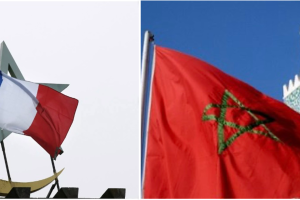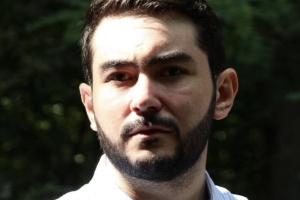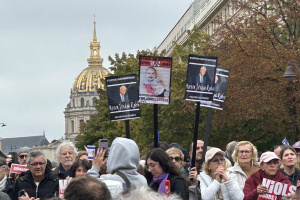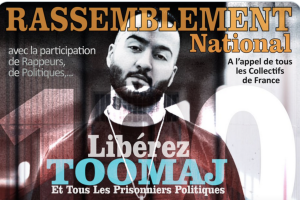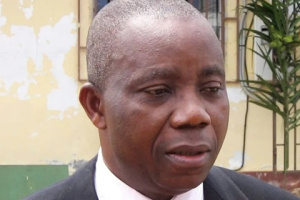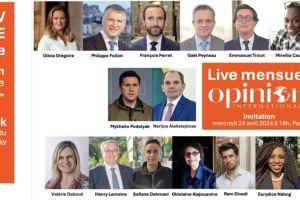Vendredi 14 juin, les Iraniens vont élire un nouveau Président. A cette occasion, Opinion Internationale a décidé de faire un dossier spécial Iran toute cette semaine. Découvrez aujourd’hui l’interview de Shirin Ebadi, prix nobel de la paix en 2003.
Cela fait ainsi plus de trente ans que le Guide spirituel de la révolution islamique – l’ayatollah Khomeiny jusqu’en 1989, puis Ali Khamenei -, aidé de son Conseil des gardiens de la Révolution, étouffe toute opposition et bafoue les droits de l’homme et droits des femmes. Nombreux avocats défendant les activistes politiques sont menacés, quand ils ne sont pas déjà eux-mêmes en prison ou forcés de vivre en-dehors du pays. C’est le cas de Shirin Ebadi, première femme juge en 1975, qui a reçu le prix Nobel de la Paix en 2003 pour sa défense des droits des femmes et de divers membres de l’opposition. Elle vit à Londres depuis cinq ans, afin de continuer librement son combat pour les droits de l’homme en Iran, un engagement qui la mènerait directement dans la fameuse prison Evin dût-elle retourner dans son pays. Pour Opinion Internationale, cette femme hors du commun évoque les violations des droits de l’homme par le gouvernement iranien. Elle revient sur le manque de démocratie, évident puisque les candidats sont nommés par le Conseil des gardiens qui dépend complètement de la décision du Guide suprême. Elle note également que l’Iran est le deuxième pays au monde en terme de nombre de journalistes emprisonnés, ce qui est significatif de la faible liberté d’expression autorisée par le gouvernement et la police. Enfin, elle parle de son dernier rapport, sur les conditions particulièrement mauvaises des prisonniers politiques, qui sont notamment sujets à la torture. Et l’espoir est faible que la situation s’améliore avec un nouveau président, puisque ce ne sera qu’une nouvelle marionnette animée par le guide Khamenei.
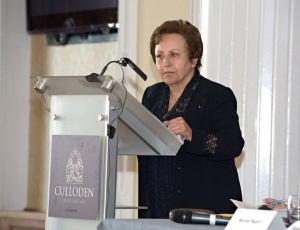
La Prix Nobel de la Paix 2003 Shirin Ebadi, lors de la conférence Women Beyond War à Belfast en mai 2013.
What do you expect from the presidential elections on June 14th?
S.E.: Elections in Iran are not free elections, they never have been, because the competence of the nominees has to be decided by the Guardian Council. The Guardian Council consists of 12 members; six of them are directly appointed by the Leader, and the other six are proposed by the Head of the Judiciary, who is himself appointed by the Leader. Therefore, the members of the Guardian Council are not representative of the people, because the Leader appoints them, either directly or indirectly. Anyone who has had the slightest criticism of the government will be put aside by the Guardian Council. For the elections that are coming up in June 2014, over 600 people nominated themselves, but only 8 of them were validated by the Guardian Council. Among them, no women were nominated, because according to the interpretation of the Guardian Council of the constitution of Iran, no woman can nominate herself for presidency. Nonetheless, the constitution is ambiguous; one can interpret that women can nominate themselves.
Do you think we will see another movement such as the 2009 Green movement springing up after the elections?
S.E.: People are becoming more and more unhappy with the government, because on top of violations of human rights, poverty is increasing due to the sanctions. However, as a result of the violence of the government, the street opposition has come to an end. Will the people take to the streets again and demonstrate peacefully? We have to wait and see what happens in the future. However the government has announced that it will tackle any kind of demonstration, even if it is peaceful.
What is the situation of political prisoners in Iran?
S.E.: The Iranian government claims that there are no political prisoners in Iran, but they lie. Numerous journalists, attorneys, and also civil activists are in prison now. Pursuant of the report of Reporters Without Borders, after Turkey, Iran has the second highest number of journalists in prison. After June 2009, 50 attorneys have been taken into prison and have been prosecuted for having defended political prisoners.
The conditions of political prisoners are very bad, according to information from their families who visit them every fifteen days. Prisoners have said that access to fresh air is very rare, that the food is very bad and not even enough, and that they are badly treated. Their situation is even worse than ordinary criminals, who can talk to their families on the phone for a few minutes daily; this right is being prohibited when it comes to political prisoners. Finally, some of the political prisoners have been tortured and they have denounced it openly.
Propos recueillis par Cléo Fatoorehchi











